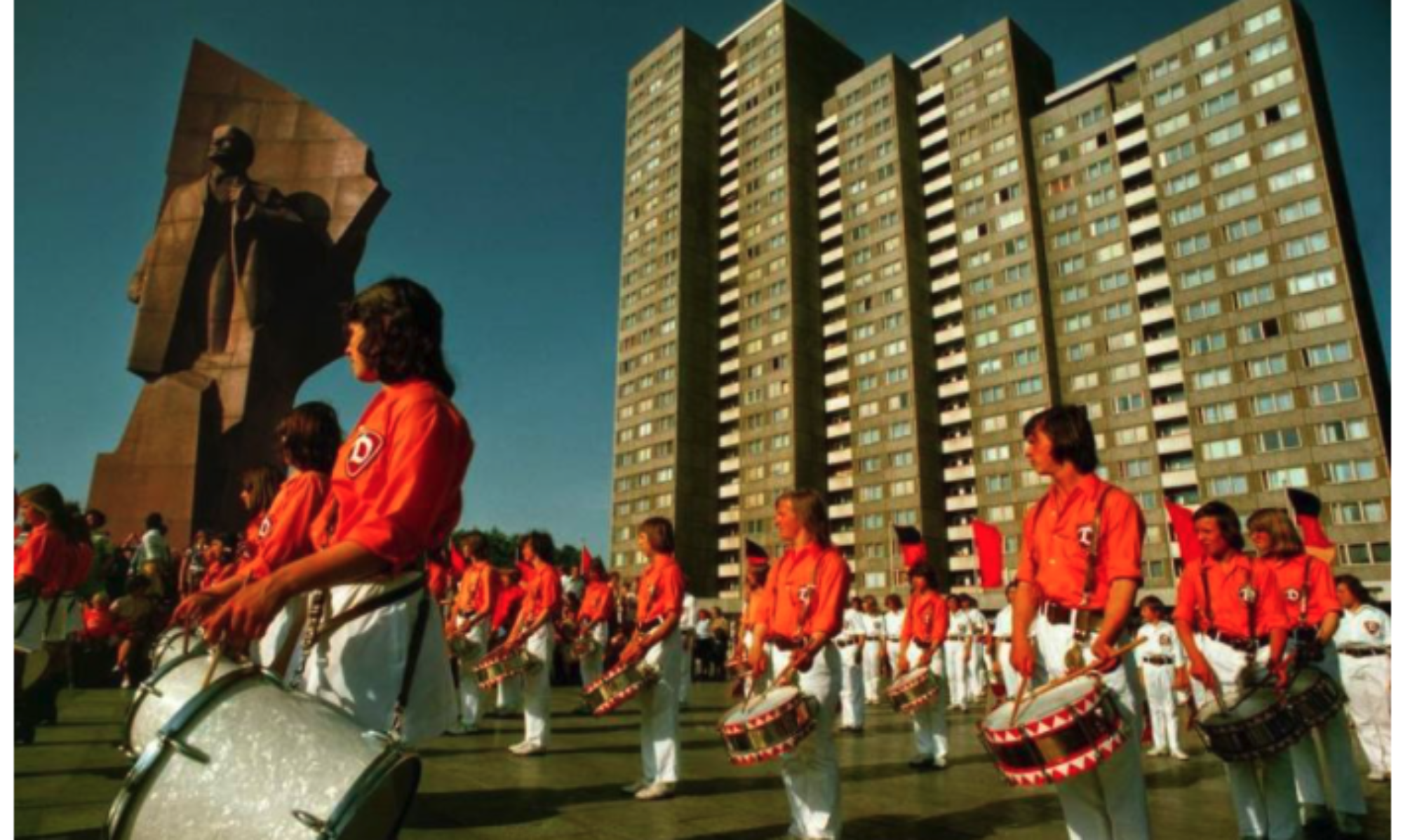While Stalin had attempted to create new Soviet music in the name of socialist realism throughout his leadership, it seems that he could not succeed to bury the classics in favor of new creations. Tchaikovsky always seemed to reign supreme, even though it served as a remnant of the bourgeoisie past. So, if you cannot change something, why not ignore history and use it to serve your ideological purposes? That seems to be exactly what the Soviet Union did in this embracing of Tchaikovsky in the Moscow Music Holiday. By recognizing its international popularity, the music of Tchaikovsky was now utilized as a point of cultural superiority of the Soviet Union.
Interestingly enough, this Bespalov’s vision for the festival that never occurred was “to show the indisputable superiority of socialist culture, the high ideological level of Soviet art, the excellence of the best Soviet performers, and the accomplisments of Soviet composers” (Tomoff, 84). Bespalov goes on to say that this festival will be used to help other people’s democracies along the path of socialist realism. Given these goals, holding a Tchaikovsky Competition is simply counterintuitive. He, the Soviet Union, and the international world are largely aware of the fact that Tchaikovsky was long gone to be a Soviet composer and his music steeped in classical traditions was that of the Russian bourgeois.
Because all Soviet and socialist aspects of the festival were removed to cut costs, the music of the festival appear to line up more with the classical musicians of the West rather than focusing the festival on the new Soviet greats like Shostakovich. And, even worse than holding a festival that caters to political elitists and the music preferences of the West, the Soviet Union lost the piano competition to none other than an American. Despite these failings, Mikhailov displayed clear excitement about the festival’s overall success in how “successfully the competition was fulfilling its goals” (Tomoff, 99-100). Do you think this competition accomplished any of the festival’s original, intended goals? Was Tchaikovsky the best choice considering the festival’s original, intended goals? Was the Soviet Union able to overshadow the bourgeois history of Tchaikovsky and adopt it as their own through this cultural competition? Did the American victory overshadow the “cultural superiority” of the Soviet Union in other aspects of the competition?
